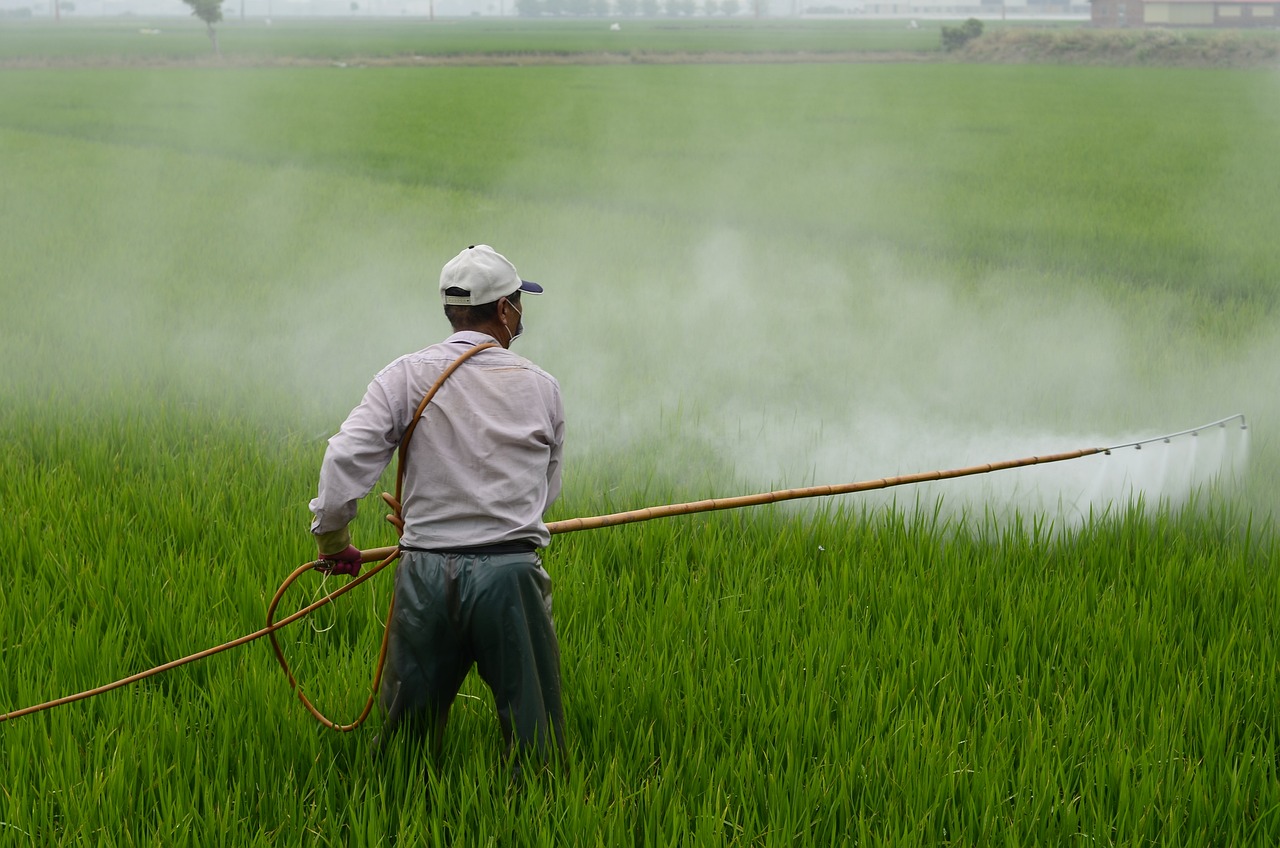On 6th - 10th February EAC Secretariat in collaboration with CEJAD, CPSP and FAO convened a meeting of pesticide registrars from the EAC Partner States in Kigali, Rwanda. The meeting reviewed and adopted the draft EAC regional strategy on HHPs. After adoption by the EAC TWG, the strategy now awaits validation from relevant stakeholders in the region before formal adoption by the EAC decision-making organs. If adopted, the strategy will guide the phase-out of Highly Hazardous Pesticides (HHPs) in Partner States.








